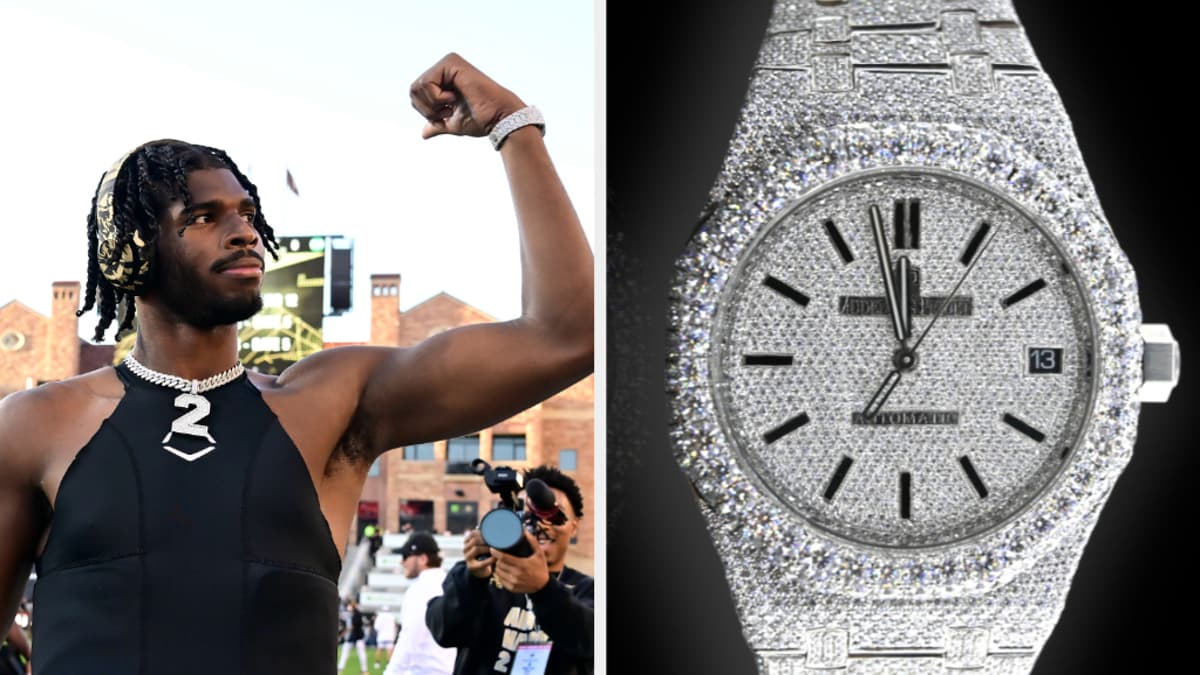Shedeur Sanders' $350,000 Watch Flex Ignites Debate on NIL Spending in College Sports

The increasing financial opportunities for college athletes through Name, Image, and Likeness (NIL) deals have led to a visible trend of luxury purchases, sparking considerable public discussion. A recent social media post by @BuySideCPA encapsulated this sentiment, stating, "> Rolex during a game is crazy, incredible use of NIL money." This observation highlights how some student-athletes are utilizing their earnings for high-end items.
Colorado Buffaloes quarterback Shedeur Sanders has emerged as a prominent figure in this conversation, frequently showcasing expensive timepieces. Sanders notably displayed a $350,000 Richard Mille watch before a game, following an earlier instance where he wore a $70,000 diamond-encrusted Swiss watch. These displays have generated both admiration and criticism, with some commentators labeling them as "classless."
NIL agreements, which became permissible in 2021, allow college athletes to profit from endorsements, social media content, and other personal branding activities. While top athletes like Sanders, who boasts an On3 NIL Valuation of $4.7 million and secures deals with major brands, command substantial income, a Washington Post analysis indicates that most NIL payments are considerably smaller, often less than $500. This disparity underscores that significant contracts remain exclusive to a select group of athletes.
The allocation of NIL funds varies widely among student-athletes. Many, such as Maryland defensive back Jalen Huskey, prioritize practical expenses like rent, purchasing a used car, or contributing to family tuition. Conversely, others are exploring luxury acquisitions, with Virginia offensive lineman Noah Josey expressing interest in acquiring a Rolex, reflecting a broader inclination towards high-end goods.
The ongoing debate surrounding NIL and athlete spending continues to evolve. Figures like sports commentator Jason Whitlock have raised concerns about the impact of such "flexing" and the potential for misuse of earnings. In contrast, former NFL player Marshall Faulk emphasizes the significant financial leverage and decision-making power that NIL now affords college athletes, shaping the commercial landscape of collegiate sports.